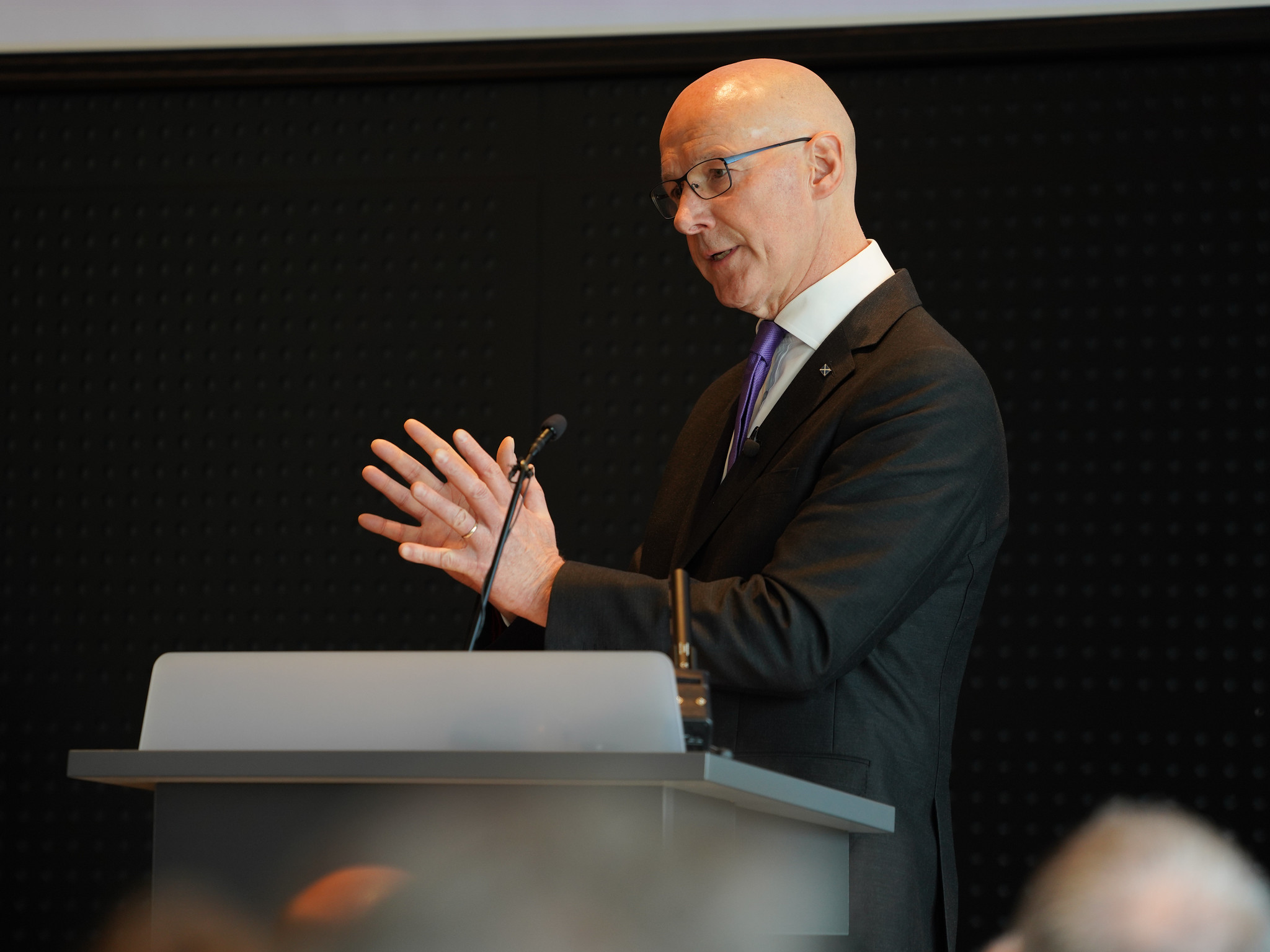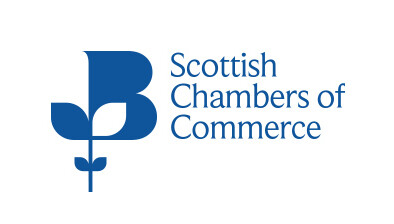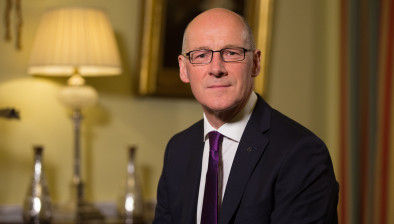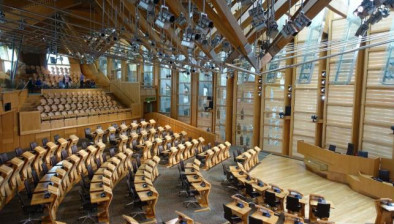Business leaders welcome parts of new Programme for Government, but urge long-term vision

First Minister John Swinney
First Minister John Swinney has set out the SNP Government’s new Programme for Government, outlining several of financial commitments aimed at easing cost-of-living pressures and fostering a more supportive business environment in Scotland.
For businesses, the First Minister pledged no further divergence from UK income tax bands or rates before the 2026 Holyrood election, although details on thresholds are yet to be confirmed.
The programme includes plans to boost Scottish Funding Council (SFC) research funding to over £325 million. Further initiatives aim to stimulate economic activity, such as the launch of ‘InvestScotland’ – a single gateway to attract inward investment – an Ecosystem Fund to support start-ups, and enhanced export support, particularly for women-led firms. An independent review of the Non-Domestic Rates (NDR) valuation methodology was also announced.
Other announcements include the permanent scrapping of peak-time rail fares on ScotRail services and a pledge to keep council tax and water bills “substantially lower” than in England and Wales.
The “cost-of-living guarantee” highlighted by Swinney also sees the continuation of free prescriptions, eye appointments, university tuition, and bus travel for young, disabled, and older people. Winter fuel payments for pensioners are set to be restored this year, and free school meals will be expanded.
On the housing front, the programme aims to remove barriers on stalled building sites, with the potential to deliver up to 20,000 new homes, and promises more than 8,000 affordable homes, including for social and mid-market rent. Protections for tenants are also due to be strengthened.
Healthcare spending will see an additional 100,000 GP appointments for key risk factors and an expansion of Pharmacy First services.
Industry responses
Industry figures offered a mixed but broadly cautiously optimistic response to the announcements, welcoming specific measures while calling for greater long-term strategic planning and clarity on implementation.
ICAS CEO, Bruce Cartwright CA, said: “Despite promises of a ‘radical’ legislative agenda, yesterday’s Programme for Government offered more rhetoric than results.
“While there were several, welcomed short-term solutions announced, including increasing access to GPs and scrapping the two-child cap – without clear, actionable plans and measurable outcomes, the risk is that these familiar commitments will again fall short of driving real change.
“We would welcome a more strategic approach to drive business growth and investment, and offer clarity on how high-quality public services will be funded over the longer-term.”
“The programme is heavy on long-term aspirations, but light on immediate delivery with many of the proposals lacking urgency and clarity - raising more questions than answers. Coordination with the UK government on key announcements around carbon capture, for example, will be crucial.
“While the First Minister’s decision to pledge ‘no further divergence from the UK on income tax’ bands or rates before the election is good news, the real question is whether thresholds will shift, something we’ll need to wait until Scotland’s autumn budget for clarity on. For most people, any tax savings are modest and could easily be cancelled out by rising council tax.”
Commenting on the impact of today’s Programme for Government on Scotland’s start up and investor communities, David Ovens, joint managing director of Archangels, said: “Archangels welcomes the Scottish Government’s focus on innovation in today’s Programme for Government.
“The commitment to boost SFC research funding to over £325m, alongside other measures such as the implementation of the Pathways Report, will help to support the foundations of Scotland’s innovation ecosystem.
“In addition, the promise that there will be no further divergence from the rest of the UK on income tax will be welcome news to Scotland’s entrepreneurs and investors.”
Scottish Financial Enterprise chief executive Sandy Begbie added: “We welcome the focus in the programme for government on growing the economy, as the only way to sustainably fund our public services and deliver on important shared societal objectives such as eradicating child poverty and delivering the energy transition.
“In particular, plans to boost exports and create a single gateway to attract inward investment are a step in the right direction of turning a positive tone into meaningful action. As is the welcome removal of peak rail fares, which we have long called for and which will improve connectivity for workers and businesses.
“Businesses instinctively understand the fiscal constraints facing the government, but also the need for long-term strategic thinking that will deliver certainty and opportunity for both taxpayers and business.
“Political attention over the coming 12 months will inevitably turn towards the Holyrood election, and against that backdrop business will be watching closely for evidence that ministers continue to focus on economic - as well as political - priorities.”
Dr Liz Cameron CBE, chief executive of the Scottish Chambers of Commerce, stated: “Today’s Programme for Government outlines welcome steps in the right direction and signals a more constructive tone towards Scotland’s business community.”
She praised the NDR review and InvestScotland, but expressed disappointment with the “continued direction of travel on skills reform”, urging the government to “work closely with industry to ensure reforms do not compromise the system’s ability to meet workforce needs”.








